
The FDA granted fast track designation to the novel “switchable” CAR-T cell therapy known as CLBR001 + SWI019 for the treatment of B-cell malignancies.

The FDA granted fast track designation to the novel “switchable” CAR-T cell therapy known as CLBR001 + SWI019 for the treatment of B-cell malignancies.
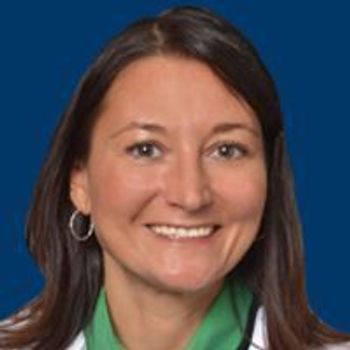
Kami Maddocks, MD, discusses the significance of the selinexor approval in the diffuse large B-cell lymphoma treatment paradigm, emerging strategies that seek to address unmet needs, and remaining sequencing questions.

The complexities associated with the disease and lack of validated risk predictors makes such a model challenging to implement.
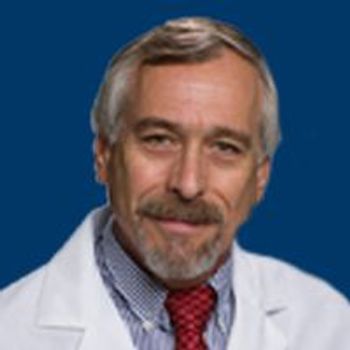
David H. Vesole, MD, PhD, discusses the evolution of multiple myeloma treatment, and explained how other BCMA-therapies are poised to impact clinical practice.
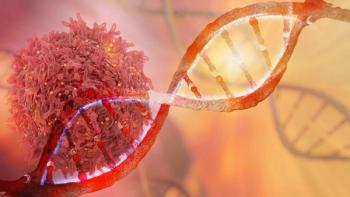
Results from the phase 1/2 ALEXANDER study found the investigational CAR T-cell product AUTO3 in combination with pembrolizumab to have a tolerable safety profile and elicit durable complete responses in patients with relapsed/refractory diffuse large B-cell lymphoma.
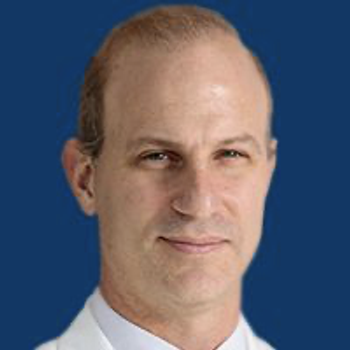
Efforts to leverage targeted therapy and immunotherapy, which have been approved modalities in advanced non–small cell lung cancer, are leading to improved survival in patients with advanced and earlier-stage disease.

A year after the FDA approved Zolgensma for the treatment of spinal muscular atrophy in children aged under 2 years without end-stage weakness, researchers shared safety and early efficacy data from the first 21 children treated with the gene therapy in Ohio.

Investigators find that nanoparticles deliver gene therapy successfully in mice, rats.
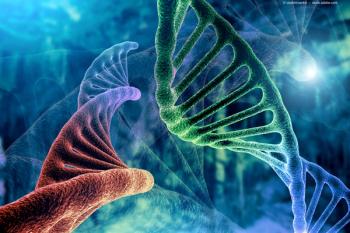
Investigators find that nanoparticles deliver gene therapy successfully in mice, rats.
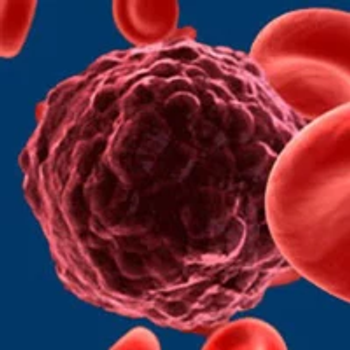
The investigational CAR T-cell product AUTO3 in combination with pembrolizumab was found to have a tolerable safety profile and elicit durable complete responses in patients with relapsed/refractory diffuse large B-cell lymphoma.
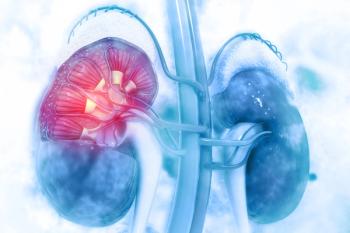
Findings from the noncomparative, phase 2, biomarker-driven BIONIKK trial support the use of molecularly-directed frontline therapy as means to enrich responses in patients with metastatic clear cell renal cell carcinoma.
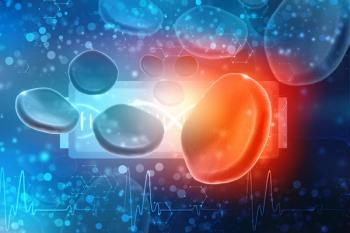
FDA will review the first chimeric antigen receptor (CAR) T cell immunotherapy for the treatment of multiple myeloma (MM) in adults who have not responded or have relapsed after at least 3 other therapies.
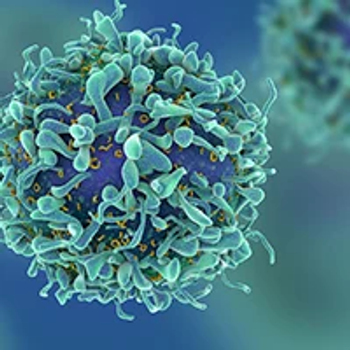
The comprehensive cancer center has also dosed its first patient in chlorotoxin CAR T cell therapy trial.
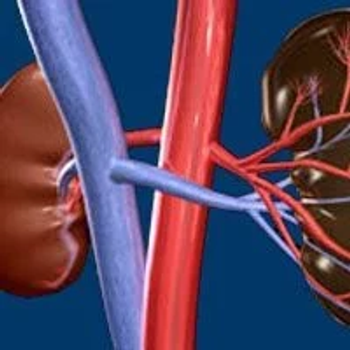
Findings from the noncomparative, phase 2, biomarker-driven BIONIKK trial demonstrated clinical evidence to support the use of molecularly-directed frontline therapy as means to enrich responses in patients with metastatic clear cell renal cell carcinoma.
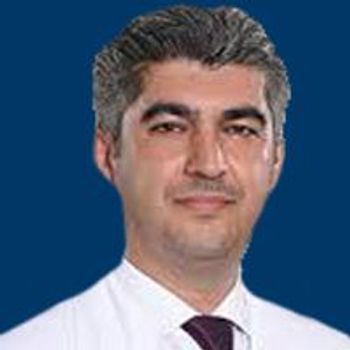
Cemiplimab-rwlc monotherapy led to a significant improvement in overall survival and progression-free survival versus platinum-doublet chemotherapy as first-line therapy in patients with advanced non–small cell lung cancer with PD-L1 expression on at least 50% of their tumor cell.

Atara Biotherapeutics’ allogeneic EBV-targeted T-cell therapy, ATA188, is well-tolerated in phase 1, with a dose identified for the randomized placebo-controlled portion of the study.
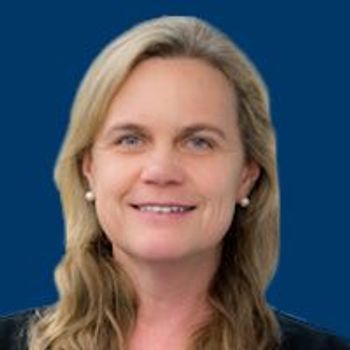
BLU-945, an investigational precision therapy, elicited robust antitumor activity in multiple preclinical models of triple-mutated EGFR-positive non–small cell lung cancer .
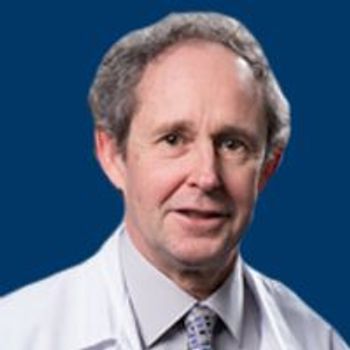
Three-year follow-up data for the phase 2 study of the first-in-class inhibitor of apoptosis protein antagonist, xevinapant, in combination with standard cisplatin-based concomitant fractionation chemoradiation therapy reduced the risk of mortality by half compared with CRT alone in patients with locally advanced squamous cell carcinoma of the head and neck.
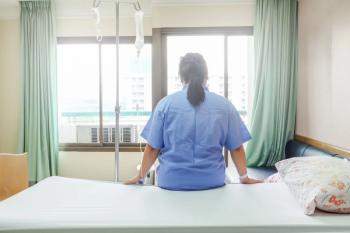
A new chimeric antigen receptor (CAR) T cell therapy may help curb the problem of frequent relapse in patients with relapsed/refractory B-cell acute lymphoblastic leukemia.

The FDA accepted an investigational new drug application providing clearance to begin an open-label, single-arm phase 1 clinical trial of ATA2271, a next-generation mesothelin targeting CAR T-cell therapy.

Three-year data from a phase 1 study of Voyager Therapeutics’ VY-AADC01 suggest it is safe and offers potential benefits for patients with Parkinson disease.
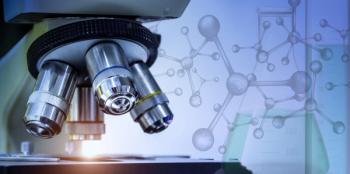
Combining chimeric antigen receptor (CAR) T-cell therapy and an oncolytic virus were more potent against solid tumors than CAR T-cell therapy alone in mouse models of cancer.

A significant number of patients who undergo chimeric antigen receptor (CAR) T-cell therapy will experience severe neurotoxicity. A new study could help doctors better predict which patients are at risk.

Blinatumomab monotherapy as consolidation therapy prior to allogeneic hematopoietic stem cell transplant resulted a significant improvement in event-free survival and a lower risk of recurrence in children with high-risk B-cell precursor–acute lymphoblastic leukemia.

Candidate continues to demonstrate encouraging safety, tolerability, and efficacy
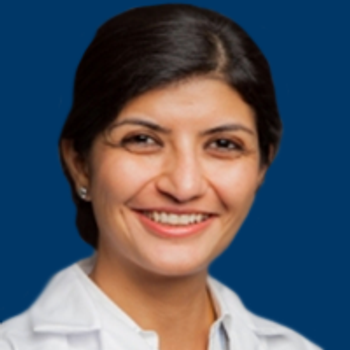
Pashna N. Munshi, MD, discusses the CAR T-cell therapies that have emerged in the lymphoma space and highlights the next steps for research with these products.
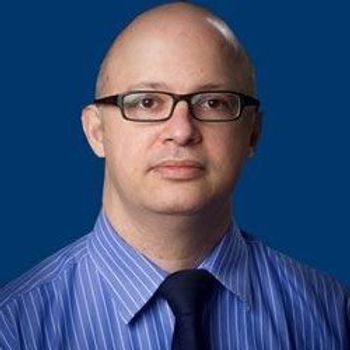
Luciano J. Costa, MD, discusses the emerging role of CAR T-cell therapy in relapsed/refractory multiple myeloma, investigational products such as ide-cel, orva-cel, and JNJ-4528, and early intervention strategies to manage the toxicities associated with these products.
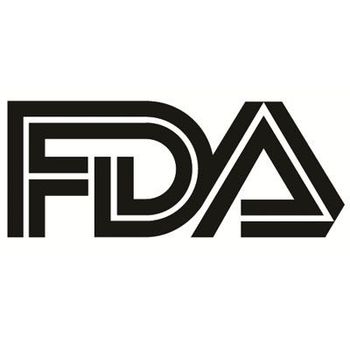
Valoctocogene roxaparvovec would be the first ever approved gene therapy to treat patients with hemophilia A.
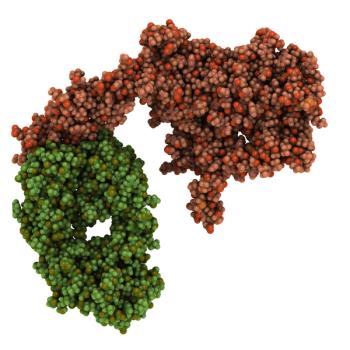
The study is designed to evaluate the safety and tolerability, pharmacodynamics, and preliminary efficacy of ACE1702 in patients with advanced or metastatic HER2-expressing solid tumors.
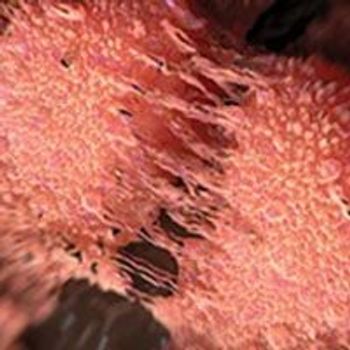
The FDA has placed a clinical hold on the phase 1 P-PSMA-101-001 trial examining the autologous CAR T-cell therapy P-PSMA-101 in patients with metastatic castration-resistant prostate cancer.